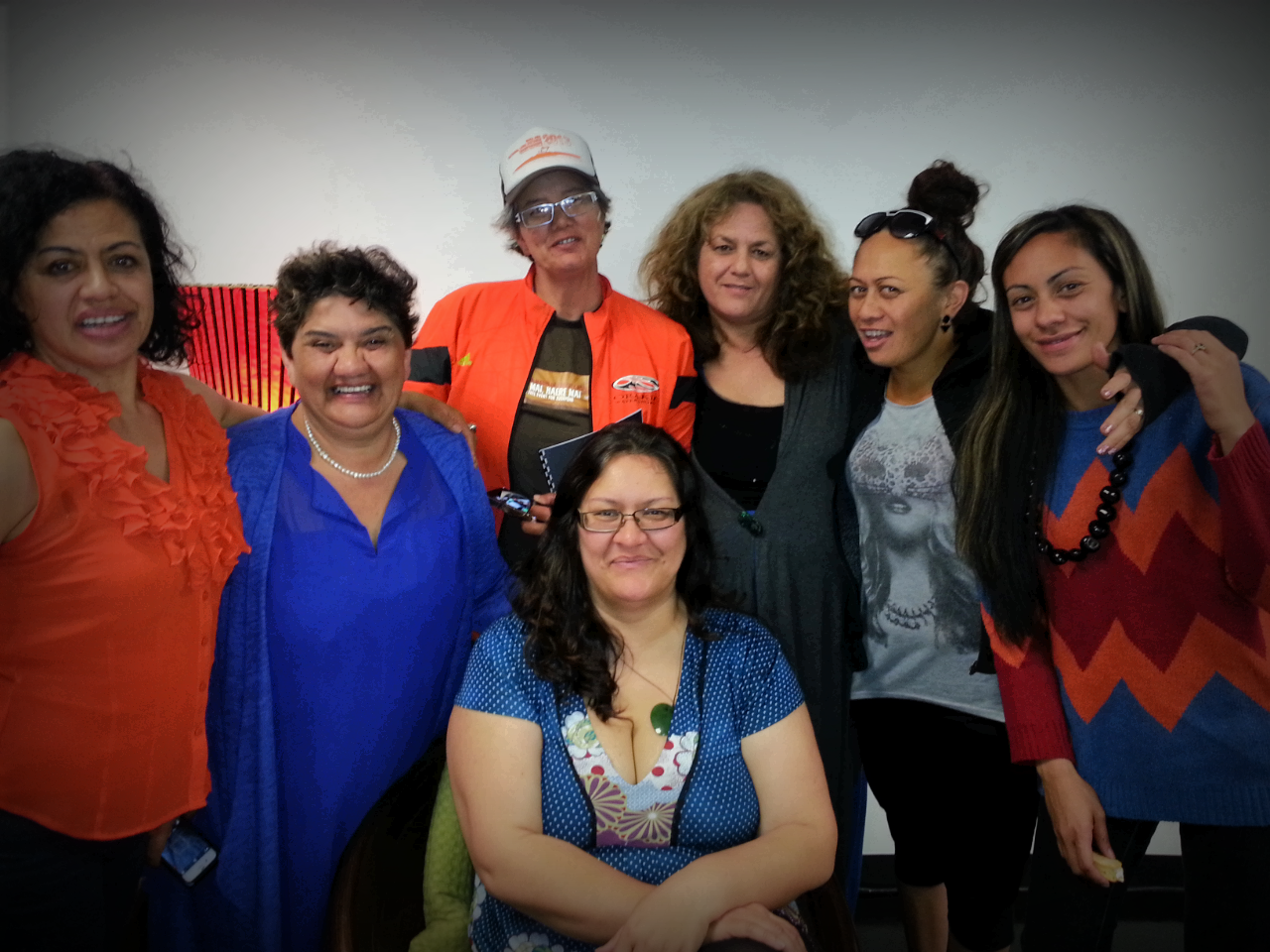
Māori performing-arts creatives, including actors, have "boundaryless" careers within screen production in New Zealand, doing an average of 9.77 different jobs in film and television over their working lives.
These are the findings of Dr Ella Henry’s doctoral thesis on emancipatory Māori entrepreneurship in screen production.
Dr Henry, a senior lecturer in Te Ara Poutama, the Faculty of Māori Development at Auckland University of Technology, has behind her more than 25 years of experience of struggle for Māori visibility on screen and control over the telling of Māori stories.
An actor, presenter and producer, she was involved, from 1990, with other Māori film and television activists and luminaries in working for the establishment of Māori Television, which became a reality in 2004.
Dr Henry is also a founding member of Ngā Aho Whakaari, the association of Māori in screen production.
In 2007, there was another cause for celebration – the Māori Film Commission was set up, “to be run for, with and by Māori, to produce Māori films in our own voice and our own way”, says Dr Henry. She has also focused her career on advancing indigenous screen productions, bringing prominent Aboriginal artists and filmmakers, Romaine Moreton and Jenny Fraser, to Auckland for a meeting with Māori filmmakers.
They were joined by Canadians Alanis Obomsawin of the Abenaki people; Cree filmmaker Neil Diamond from Montreal, the director of Reel Injun, an extraordinary view of the way indigenous peoples in America have been portrayed by Hollywood; and Jobie Weetaluktuk, originally from Inukjuak in Quebec.
'Alien world'
“The earliest films relating to Māori stories and people were vicarious peeks into an alien world,” Henry says. “Māori were more likely to be the objects of European curiosity, which was reflected in the images of our culture and society that were conveyed to the wider world.
“It was not until the 1940s that Māori began to tell our own stories on film, primarily through the work of Ramai Hayward. It was similar in television, which was introduced to New Zealand in 1960. Again, in the early years, Māori were more likely to be the objects of enquiry, rather than the authors of our stories.”
The situation improved slightly in the 1980s, when the late Māori filmmaker, Merata Mita, “stormed the indigenous world with feature documentaries that exposed the underlying and institutional racism permeating New Zealand society”.
When interviewing Māori screen professionals for her doctorate, Dr Henry found that “the overwhelming majority felt that Māori film and TV, resolution of Treaty [of Waitangi] grievances and their Māori identity were very important. The next factors, in order of importance, were "working on Māori productions" and "telling Māori stories".
“The least-important issue was their view of New Zealanders as ‘one people’, thereby reinforcing the strength of their distinct Māori identity.”
Dr Henry believes that diversity in casting is not going to be of much use to Māori actors.
“You can force companies into diverse casting but all it means is that they are going to have a brown doorman instead of a white doorman,” she says. “To really make a difference, the funding bodies need to invest in Māori storytelling and productions.
'Saving the language'
"We don’t lack the stories. We lack the investment and it is not just about saving the language – the legislation is clear, it is about Māori language and culture.”
Although Dr Henry’s study delves into the working lives of Māori screen professionals, its findings will also resonate with non-Māori New Zealand actors, who are increasingly finding that in order to have regular work, they, too, need to become "boundaryless" creatives who direct, write, perform in and produce their own plays and webseries, work as crew and art directors on TV series and feature films, and use the multitude of skills learnt to help other actors build great showreels and self-tape auditions for Australian and American productions.
Sadly, says Dr Henry, many actors still believe that doing a dozen jobs in a lifetime does not constitute a career.
But her study found that being "boundaryless’"can give actors a valuable drive for creative entrepreneurship.
“The entrepreneurial actors I know get into writing and directing because it gives them the ability to tell their own stories, create work for themselves and their friends, and, every now and again, get paid,” she says. “That is the difference between seeing yourself as a jobbing actor and a creative who uses acting to express your creativity.”



